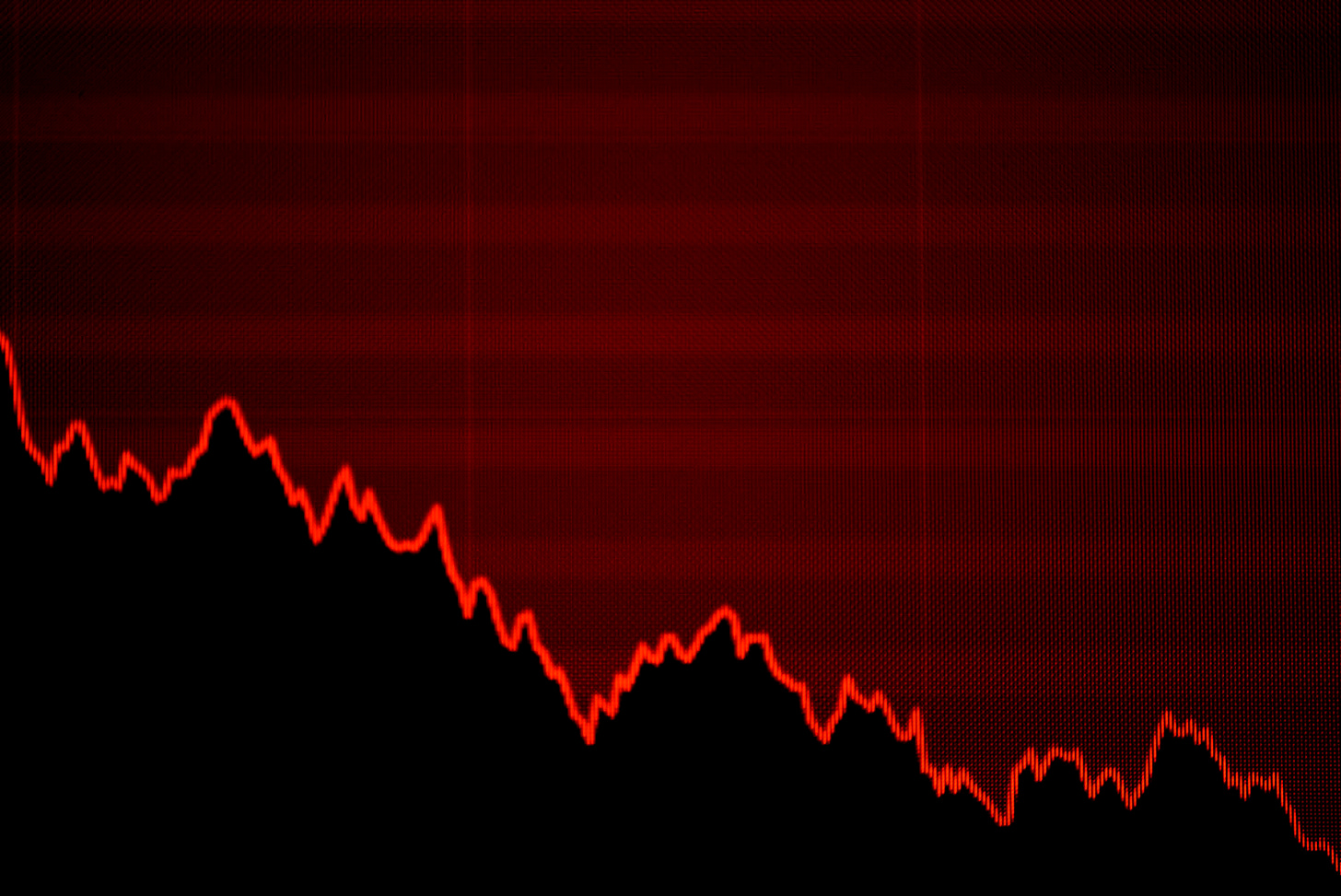Don’t Bank on a Quick Economic Recovery
America won’t be able to pull itself out of the coming recession easily, and we can’t do it alone.

In formulating an economic policy response to the coronavirus epidemic, it is important that U.S. policymakers recognize that this crisis is more serious and complicated than any previous such crisis since the end of World War II. They shouldn’t delude themselves into thinking that everything will go back to normal as soon as the curve is sufficiently flattened. And they must acknowledge that the global scope of this crisis requires a coordinated global response.
By now it is generally recognized that the coronavirus epidemic is wreaking unprecedented havoc on economies around the world. It is doing so by forcing a large part of the workforce to refrain from going to the workplace, by causing a breathtaking surge in unemployment, by disrupting travel, by dislocating global supply chains, and by bankrupting important parts of the economy.
Recognizing the severity of corona’s supply side shock, economic forecasters are now anticipating the sharpest of declines in U.S. economic output in the post-war period. Goldman Sachs now predicts that U.S. GDP will decline at an annualized 34 percent rate in the second quarter while unemployment will rise to a staggering 15 percent of the workforce. Bank of America is forecasting that for the year as a whole, U.S. GDP will decline by 10 percent.
The picture could be even uglier for key European economies like France, Italy, and Spain. In addition to the economic effects of large parts of their populations being locked down, their vital tourist sectors are being frozen by the cessation of international travel.
Meanwhile, economic policymakers have so far failed to appreciate that the coronavirus epidemic is triggering other economic crises in its wake, including the bursting of a global asset price bubble (especially among over-valued equities and commodities), a global credit crunch, and a major reversal of capital flows to the emerging market economies.
As the global asset price bubble burst, the U.S. equity market lost about 30 percent of its value with record speed. If sustained, that alone could subtract 2 percent from US GDP.
By increasing the rate of corporate bankruptcies and defaults, the coronavirus epidemic has unleashed a U.S. and global credit crunch. That is also likely to weigh down the U.S. and global economic recoveries by both increasing the cost and reducing the availability of credit to the corporate and household sectors of the economy just as they need it most.
The coronavirus epidemic has also raised the prospect of emerging market economic crises in major countries like Brazil, South Africa, and Turkey. It has done so by triggering a commodity bust and by precipitating a faster and more pronounced repatriation of capital form the emerging markets than occurred in 2008-2009. That, in turn, has resulted in declines of 25 percent or more in the value of key emerging market currencies.
These simultaneous shocks to the global economy make it less likely that the U.S. and global economies will recover quickly from the coronavirus recession. Instead, the recovery is more likely to resemble the lethargic recovery from the global financial crisis of 2008-2009.
Creating the conditions for a faster U.S. and global economic recovery will require a forceful and coordinated global economic policy response. Unfortunately, such coordination is yet to materialize. While the U.S. has responded quickly and forcefully to the crisis, the same cannot be said of the European economies. Congress appropriated $2.2 trillion (or 10 percent of GDP) to address the economic fallout from the epidemic, but key European countries like France, Italy, and Spain have adopted budget measure amounting to less than 2 percent of their GDPs. By being so restrained in responding to the crisis, they would seem to be setting the stage for another round of the European sovereign debt crisis later this year.
In 2008, we learned that in an interconnected global economy, the bankruptcy of a U.S. investment bank could trigger a worldwide economic and financial crisis. Hopefully, that experience will have sensitized U.S. policymakers to the risks that an economic crisis in an emerging economy or the Eurozone could have spillover effects to our economy. If they learned the right lessons from a decade ago, the U.S. will reprise its leadership role from previous world economic crises to forge a coordinated and coherent global economic policy response.

